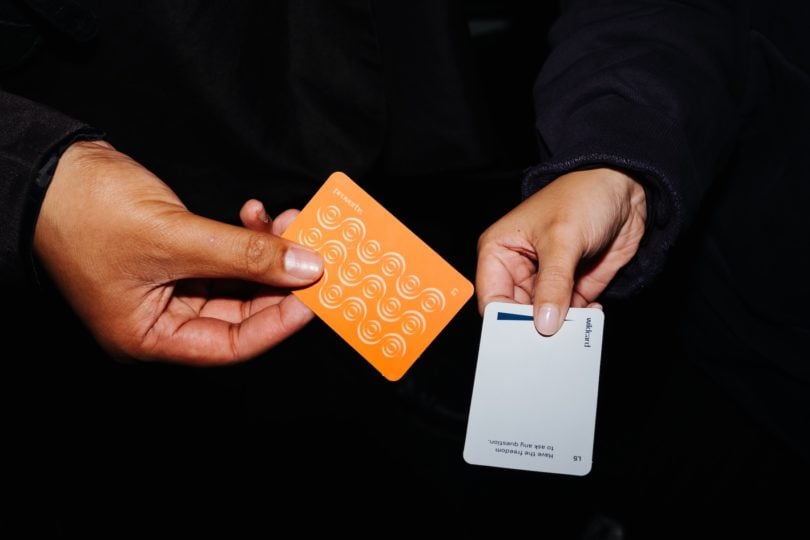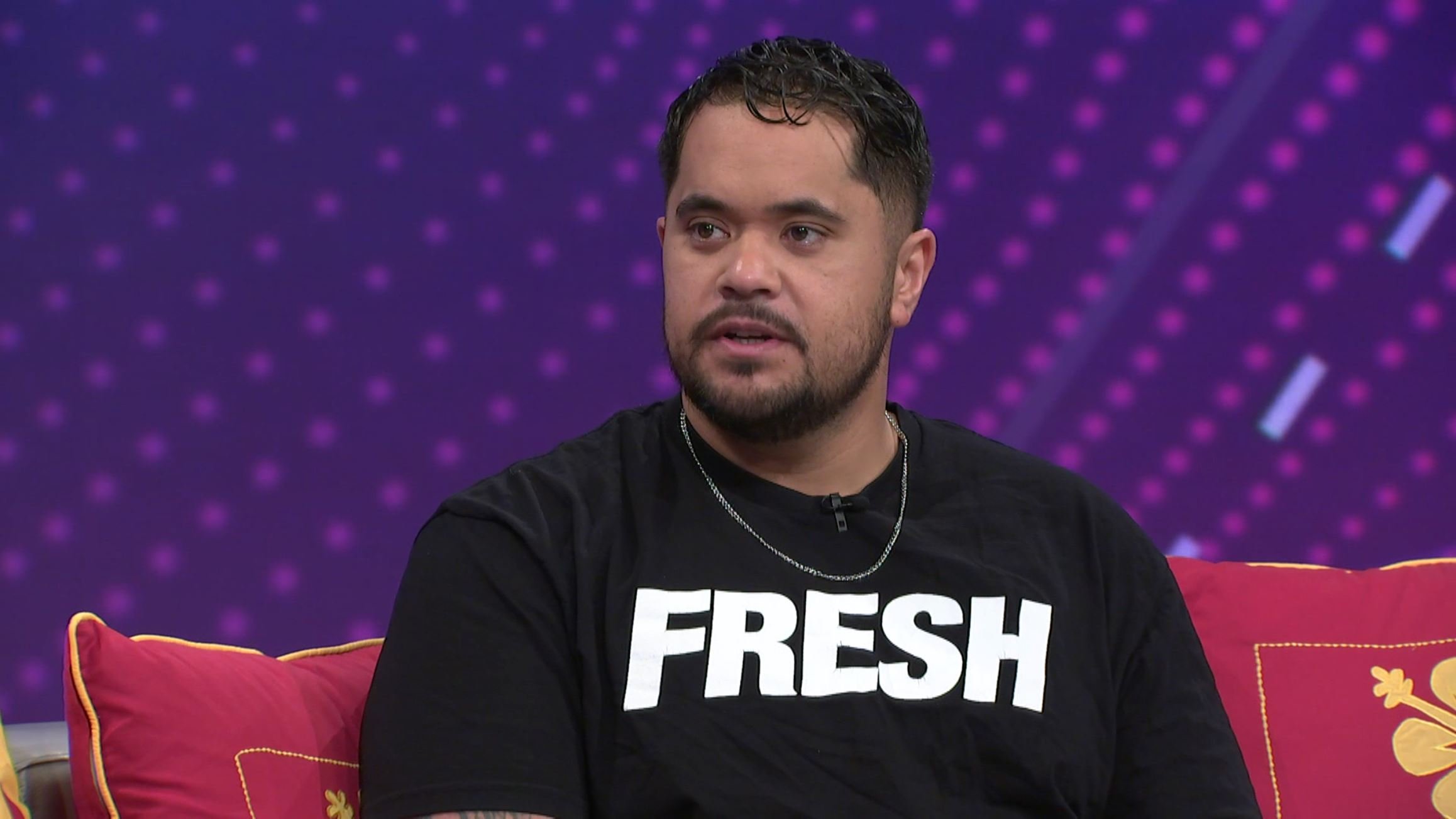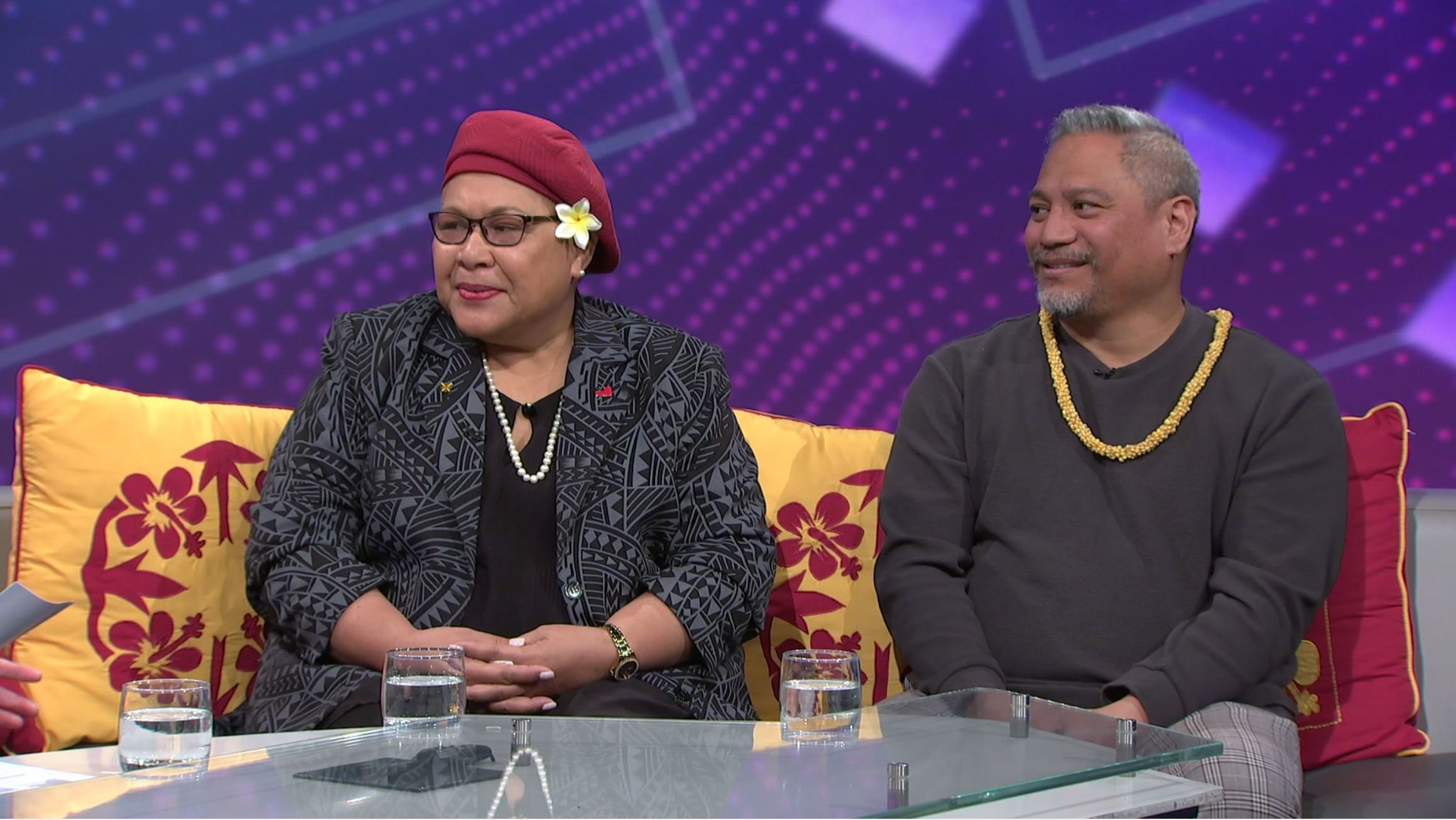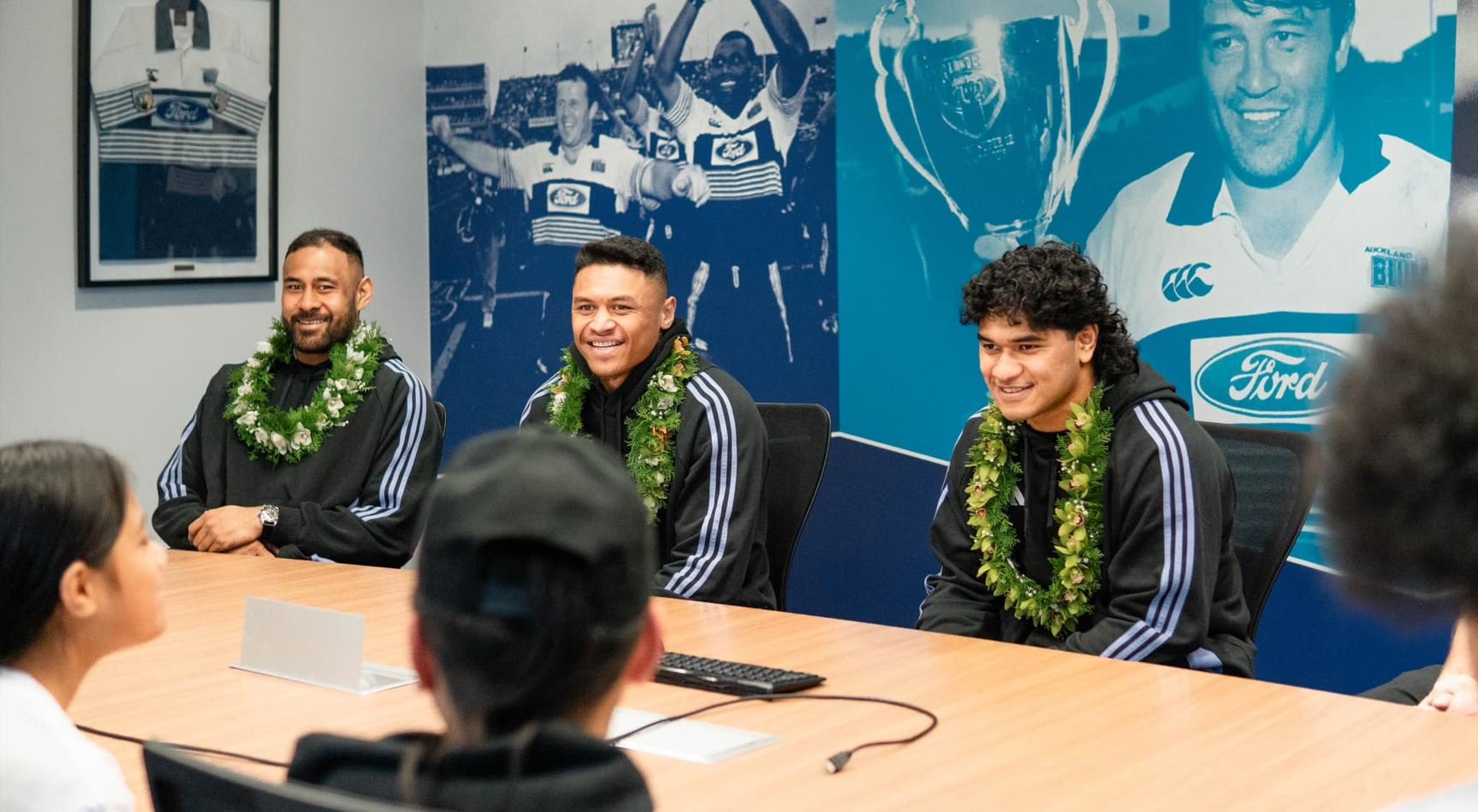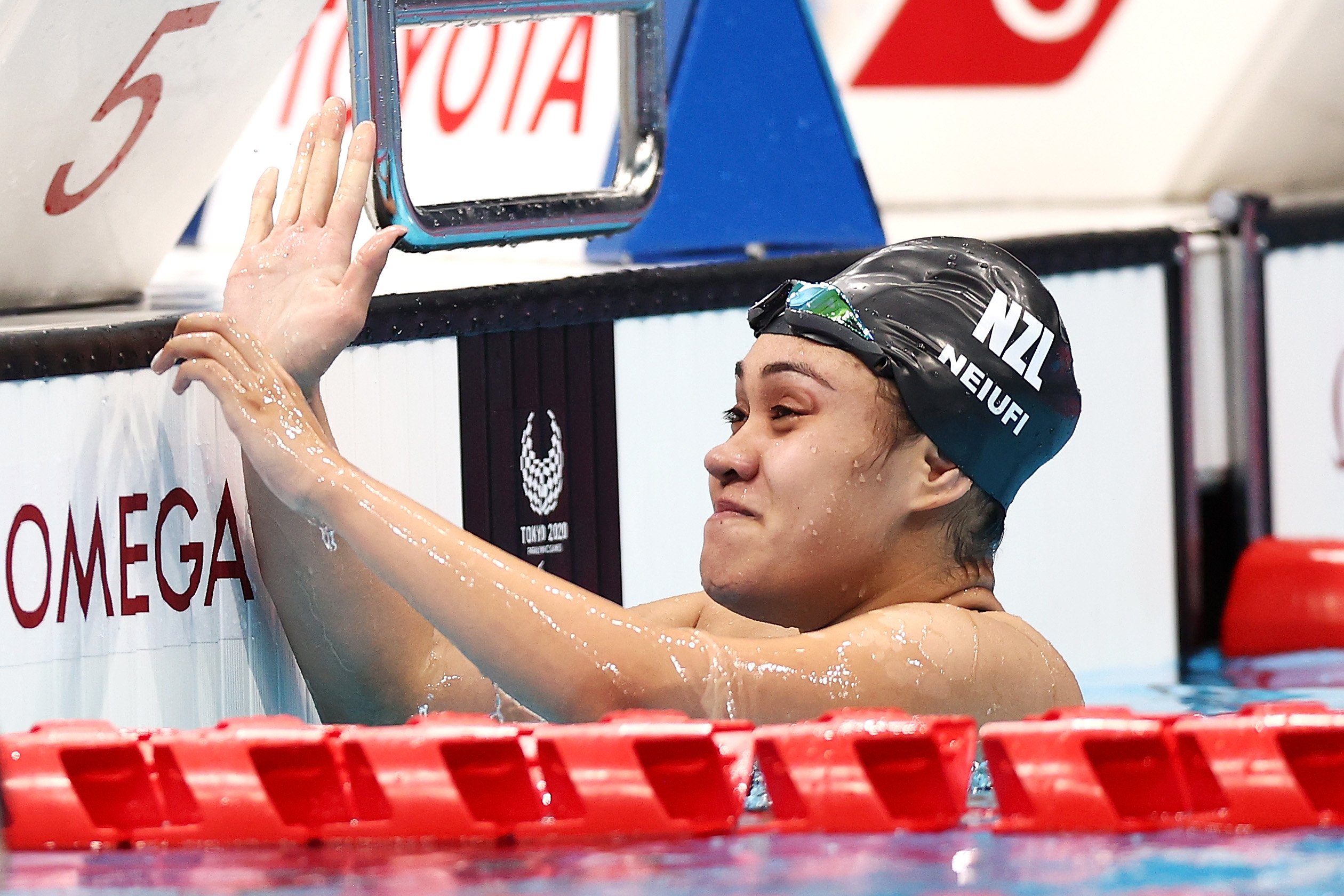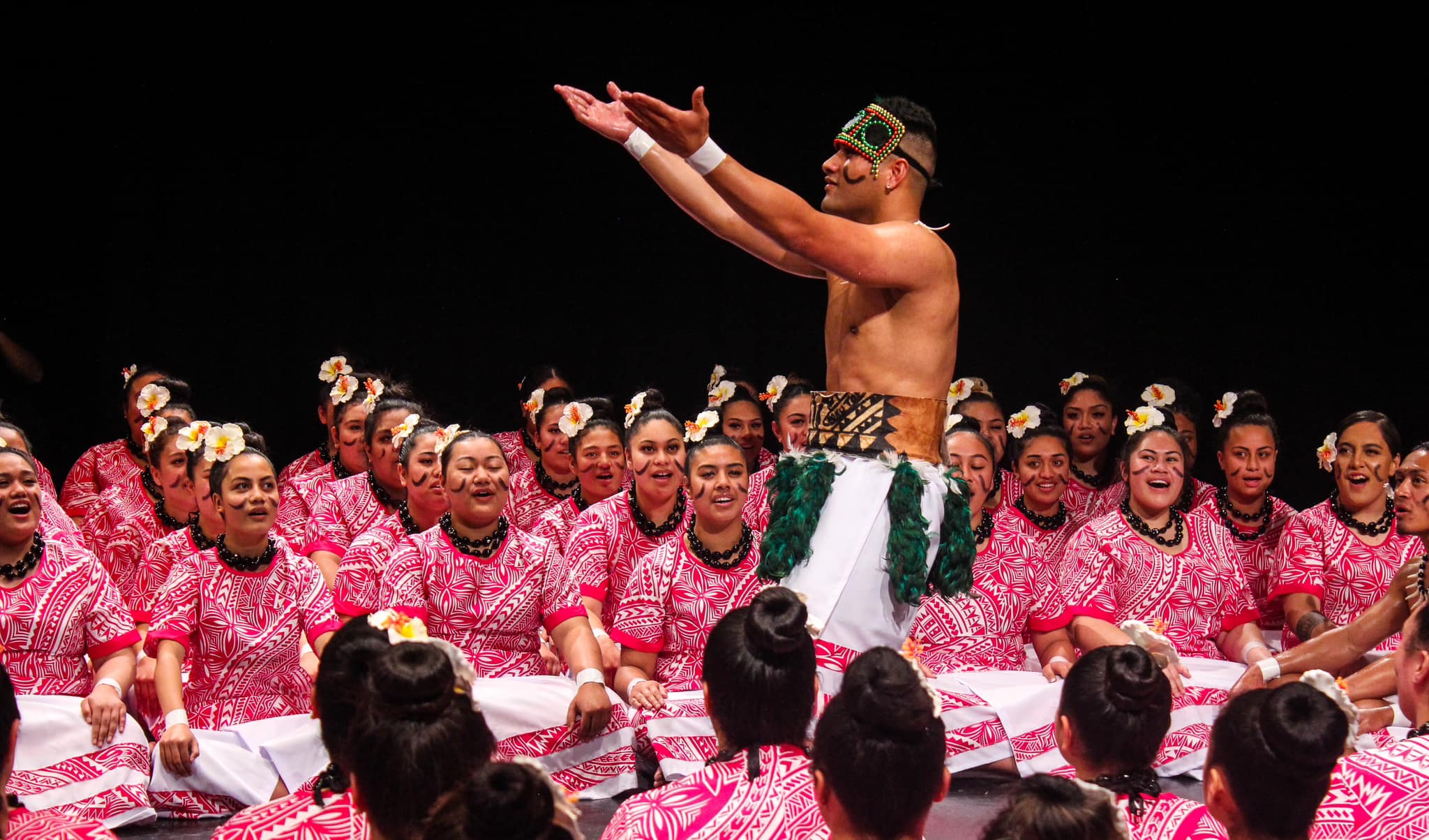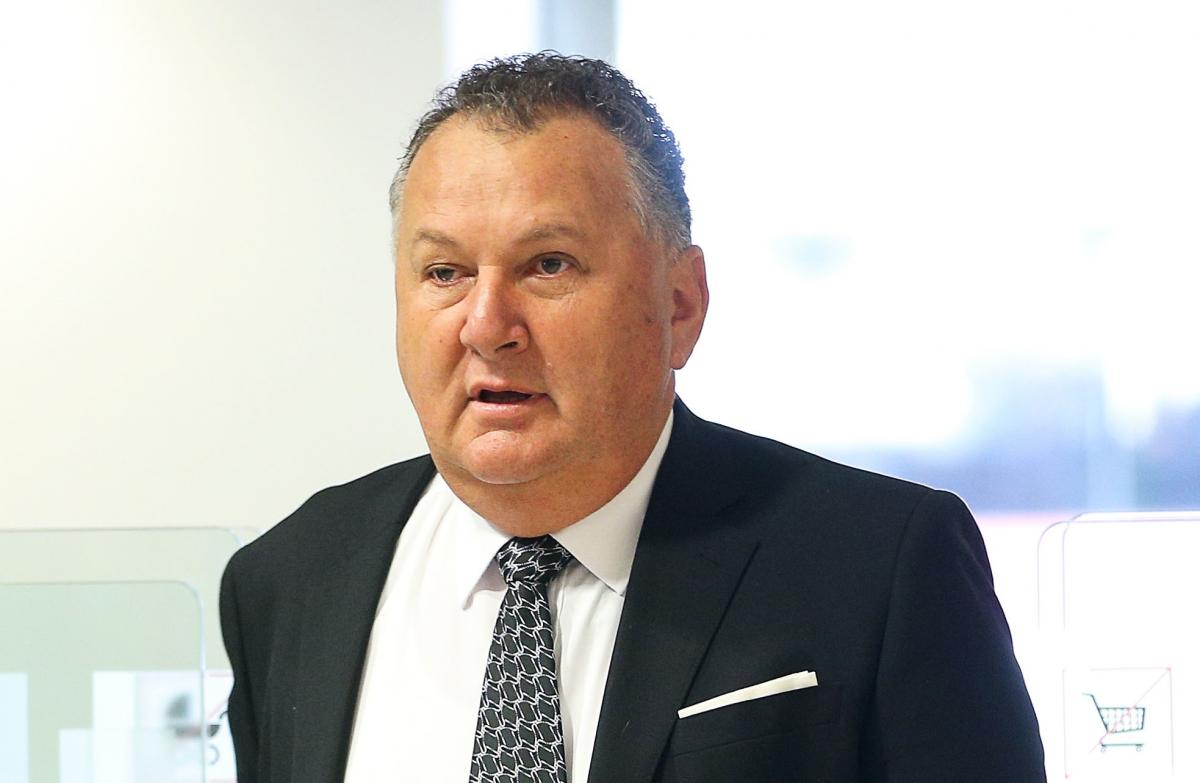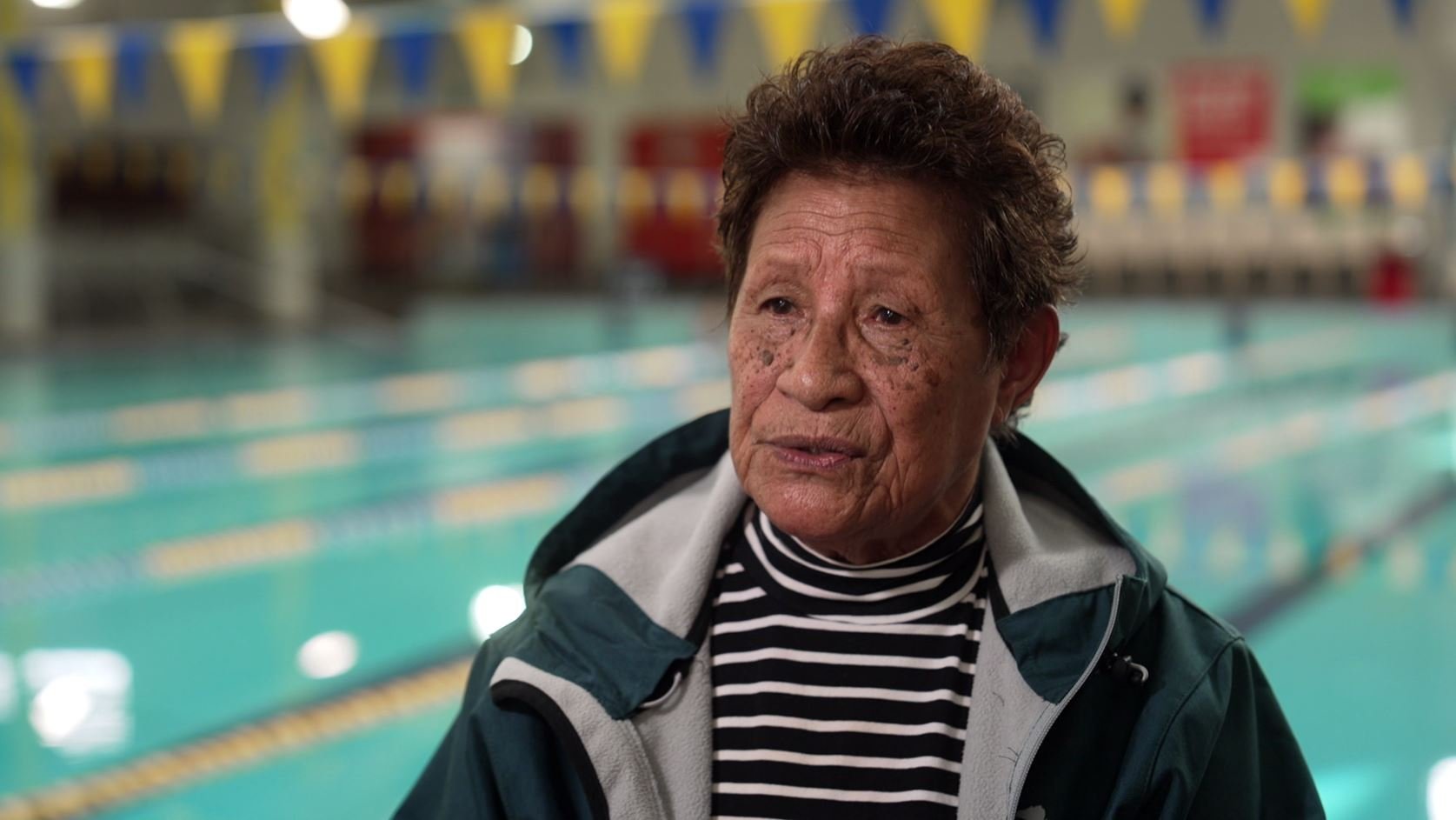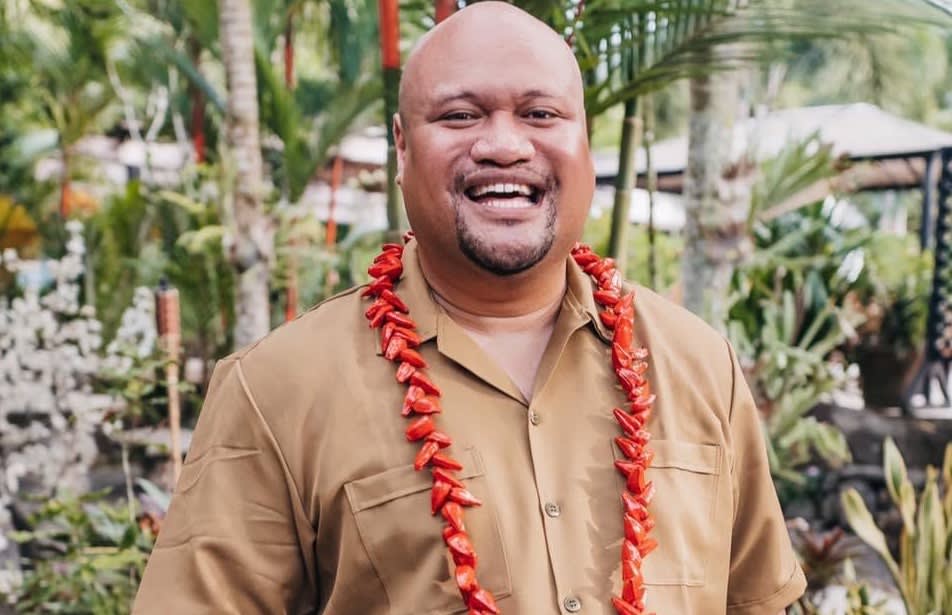Last week Paralympics New Zealand (PNZ) marked the nineth community event as part of The Celebration Project, where the achievements of New Zealand’s 209 Paralympians since Tel Aviv 1968 were officially recognised and celebrated. 18 New Zealand Paralympians were celebrated at Government House including Shelley Kalivati, who received her official ‘numbered’ Paralympic pin as Paralympian #50.
In the most unlikely place — amongst the blur of wheels flying around the 1500-metre track, whilst adrenaline flooded her veins and her lungs burned, there was a moment of clarity for Paralympian #50 Shelley Kalivati that’s stuck with her ever since.
It was in Hamilton. The New Zealand Athletics Nationals, the pentathlon final. Kalivati had gone into the race with a personal goal of beating Oamaru Paralympian #35 Trish Hill. There was an Australian competitor in the lead whom Kalivati had assumed would win — she’d already competed against some of the top Australians in Melbourne, and it hadn’t gone very well.
“But now I was in front of Trish, and I wasn’t feeling tired, like I had in Melbourne and the Australian out in front was going too slow for me.
“The 1500-metre events had never really been my thing: I was more of a 100- or 200-metre sprinter, so I had this moment of not knowing what to do — should I go past her? I just decided to take off at the 200-metre mark and I passed her on the corner. That was the point when I realised that if I really concentrated on my sport, I would do well.”
As a tall Napier teenager, Kalivati grew up wanting to play for the Silver Ferns. She played netball at school, before the accident, and made the Napier team. Netball, basketball, softball. She loved sport.
The accident — when she was thrown from the family van on the way to an aunt’s wedding, and the van rolled on top of her — was the dividing line in her sporting ambitions.
At the Spinal Unit in Auckland’s Ōtara, where she was learning to adjust to life after a T12-L1 break in her spine, a visit from another Paralympic champion, Rob Courtney, set her wheels in motion.
“Rob was very good at sprinting, something we had in common. He found out that I was interested in sport and had done lots of sport before the accident. He said, ‘How would you like to come play basketball with us?’ So I went and played Wheelchair basketball for Auckland. Then Rob introduced me to track racing, so it happened quite quickly — pretty much as soon as I got out of the Spinal Unit, I was a sportsperson again.”
Fast forward to the Stoke Mandeville 1984 Paralympic Games and Shelley Kalivati (née Hadfield) was not only a Paralympic champion and double gold medallist for New Zealand, she was the new world record holder in the Pentathlon 3. Her Paralympic Games medal haul included an impressive two golds with the 200m 3 sprint title as well, and two silvers in the 100m 3 and slalom 3.
All those medals have been tucked away in an unpacked box since she last moved house 20 years ago because Kalivati, a mother of two sons, hasn’t stopped ticking off big goals.
Apart from dreaming of a Silver Ferns bib, the other thing she had always wanted was to be a policewoman.
Check. For the past two decades she has been a Police Dispatcher, based at Wellington Central. It’s a high pressure job that she loves.
“Success in sport gave me the drive I needed to do other things,” she says. “Initially, because I was so into sports, I went to Lincoln University and tried Parks and Recreation management studies. Then I realised that if I really wanted something, I could do it.”
Sport then took her to Germany as a professional Wheelchair tennis player on the European circuit — fresh fields after her Paralympic success, and a blast. She had won the C Division at the Australian Open and the Women’s Division of the New Zealand Open, a bronze at the Japan Open and took up a paid role promoting the game in the Auckland region, arranging coaching and competitions.
“Before the accident I played tennis a little bit because I had a friend who belonged to a club,” Kalivati recalls, “but it wasn’t until later that I learned to play properly.
“So sport has been really good to me, but the pentathlon is still my favourite. I may not have been as physically strong in the shotput and javelin as some of my competitors, but I knew that I would do them on the track. I remember really pushing hard in those field events to give myself the best chance.”
Behind the scenes, there had been some special people getting her there. Paralympian #14 Jim Savage, a Para athletics sporting legend and Paralympic pioneer, took her under his wing and coached her in the field events.
“I think he saw my potential before I did. He was in Kawerau and in a wheelchair as well. I would travel from Napier to Kawerau and stay in his and his wife’s home every other week, so he could train me. Looking back, that was crucial. I also had a track trainer, and one day at Ericsson Stadium John Walker was training there as well, with his coach. That was another real moment for me.”
To harbour sporting dreams, to dream about representing New Zealand — that was what made Kalivati feel her old self again. “Just eight months out of the Spinal Unit, you should have seen me on my first overseas sports trip to Melbourne. I was like a teenager all over again — could hardly concentrate, I was so excited! They had to tell me to stop smiling so much while I was competing.
“Sport helped me find my oomph in life again. I’ll be forever thankful that I got back into it.”
Story created by Margot Butcher for Storyation in partnership with Paralympics New Zealand.












